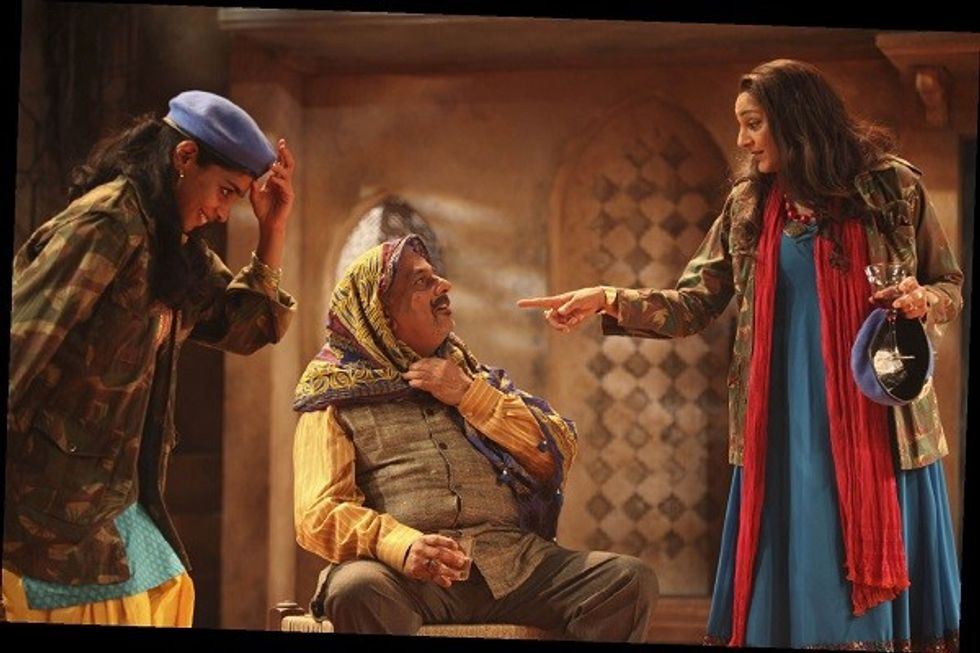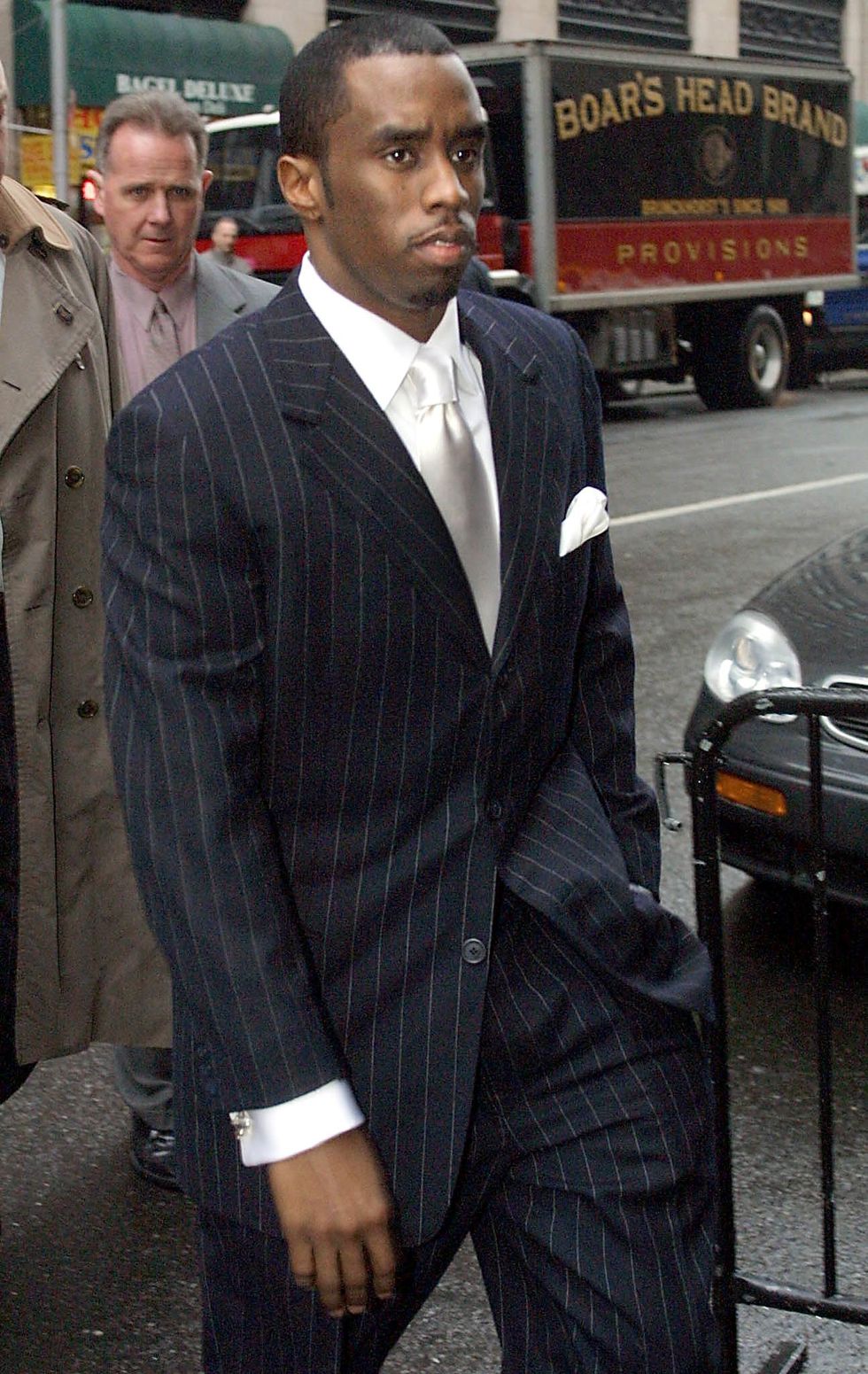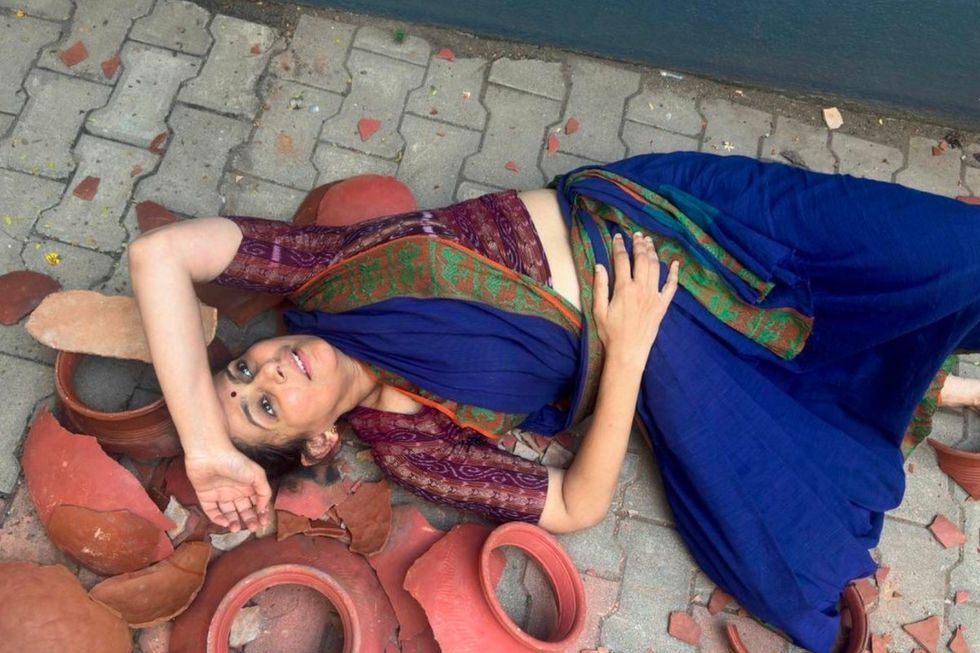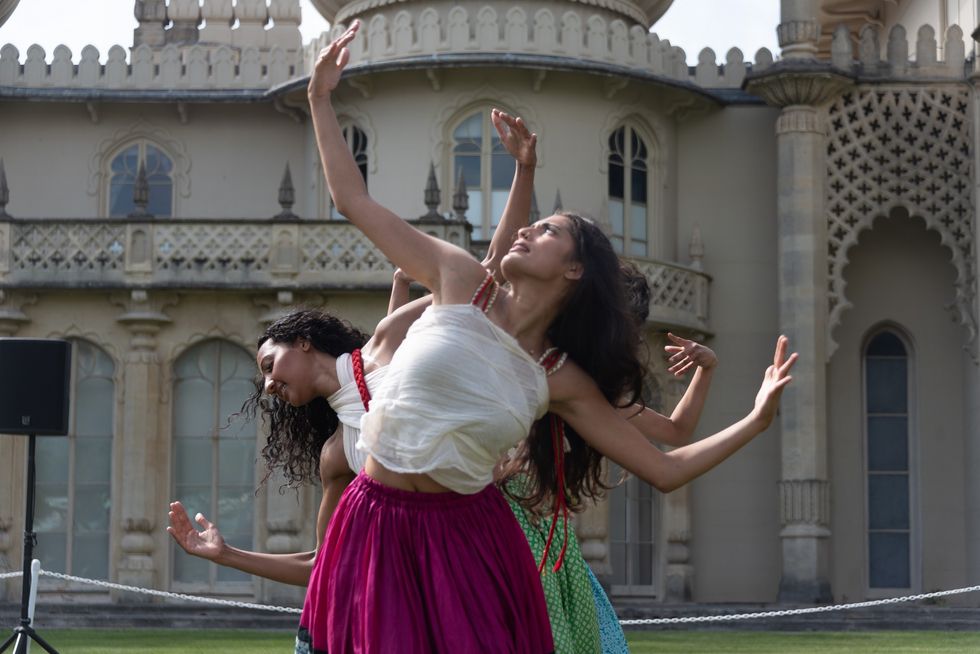By Amit Roy
ALL the world’s a stage, and Baroness Shriti Vinodkant Vadera in her time has played many parts, the latest being chair of the Royal Shakespeare Company (RSC).
The 58-year-old, who was born in Uganda of Indian Gujarati parents and arrived in Britain via India at 16, was last week named RSC chair after demonstrating her “profound passion for Shakespeare”. She is the first woman and the first person of colour to be appointed to the position.
Baroness Vadera, who has been chairman of the insurer Prudential since the start of this year, had previously chaired Santander UK bank since March 2015. She will take over at the RSC in the autumn from Nigel Hugill, who has done a 10-year stint.
Hugill, who comes from the world of property, welcomed his successor as “a marvellous choice as next chair of the RSC”.
Baroness Vadera said after her appointment: “I grew up in Uganda and India, in a traditional community where expectations of the development of girls were narrow and strict. I read and imagined Shakespeare before I saw it performed and it opened up a different world, giving me the courage to aspire to possibilities that transformed my life.
“I am passionate about the arts and the impact they can have on the lives of individuals and communities. I have long been a supporter of the RSC. I am excited to be supporting and championing the RSC as its new chair and to look to the future. It is a joy and an honour.”
An RSC spokesman told Eastern Eye: “The chair is required to lead the board as it provides robust and forward-thinking governance, counsel and guidance to the senior leadership team in support of the RSC’s mission, strategy and values, in accordance with its charitable objectives. Specifically, the chair carries out duties around strategy, leadership and relationship building.”

The chair’s post is an honorary one, although the occupant can claim expenses.
Ennobled in 2007 by Gordon Brown when he was prime minister, Baroness Vadera served him as a Treasury and business minister and established her reputation by crucially helping him to tackle the 2008 financial crisis. A businesswoman with wide experience of the corporate world, she has been on the board of the pharma giant, AstraZaneca, but stepped down before it began its collaboration with Oxford University to produce its Covid-19 vaccine.
Baroness Vadera, who read PPE at Oxford, has for many years been a judge in the Financial Times/ McKinsey Business Book of the Year award.
The hunt for a new RSC chair was led by its deputy chair, Miranda Curtis, working with leading search firm Perrett Laver. Candidates “needed to demonstrate a deep appreciation for the power of theatre, education and culture to enrich society, and a proven commitment to diversity, equality and inclusion... all shortlisted candidates were interviewed by members of the RSC’s Youth Advisory Board, who described their meeting with Shriti as ‘inspirational’.”
Curtis said: “In a highly competitive field, Shriti stood out for her professionalism and relevant experience, her profound passion for Shakespeare and the transformative power of theatre, her clarity of vision and understanding of the strategic challenges facing the RSC, and her personal warmth.”
When interviewed for the 2018 GG2 Power List, Baroness Vadera said: “Diversity is an insurance policy against group think – it is one of the most dangerous things in an organisation. By the way, it is one of the reasons why we had a financial crisis.
“The whole of the City went in a particular direction – it did not have diversity of thinking. It is so important to have that because otherwise you fall into the trap of group think and that’s when big mistakes are made in business, in particular, but also in other walks of life.”
That is why she considered it vital “to force yourself to recruit people outside of your comfort zone, to judge them not in your classic way of ‘do they do the same things as I do? No, they do it differently. They come to a different outcome.’”
To its credit, the RSC has also long striven for colour-blind casting by asserting Shakespeare’s characters did not all need to be white.
The RSC’s mission statement on “equality, inclusion and diversity” says: “We want the RSC to be a diverse and inclusive organisation, accessible, welcoming and truly representative of the population of the UK, offering equality of opportunity to our current and potential audiences and workforce.”
The creative case is that “a diverse programme of theatre is more resonant with audiences, more inventive and has a wider appeal”.
The business case is that “audiences are changing and we want to reach the audiences and donors of the future”.
And the moral case is that the RSC is “a national charity in receipt of significant public and private investment, and our mission is ‘Shakespeare for Everyone’, so we must demonstrate that we represent the diversity of the UK on our stages, in our workforce and in our audiences”.
On ethnic background, the RSC is committed to “setting ambitious goals around visible representation and seeking continuous improvement in diversity across our workforce”.
The RSC is supported by Arts Council England – which, incidentally, also backs Eastern Eye’s ACTAs (Arts Culture Theatre Awards). Its CEO, Darren Henley, said Baroness Vadera “brings with her a real passion for arts and culture, a wealth of leadership skills melded with business experience.
“The RSC has an international reputation for excellence, producing great theatre that inspires people across the country and the rest of the world, ensuring millions of people can access world-class cultural activities and share in creative experiences. A strong, diverse and forward-thinking board is key to this success,” Henley said.
The RSC, which hopes to resume indoor performances by the autumn, has announced its 2021 summer programme.
It has created an outdoor performance space, in the Swan Theatre Gardens, for The Comedy of Errors, directed by Phillip Breen. It is working with the BBC to adapt The Winter’s Tale specifically for the screen. And a complete rehearsal room performance of Henry VI Part One, co-directed by RSC artistic director Gregory Doran and Owen Horsley, will be broadcast online on June 23 at 7pm.






 Diddy trial jury raises alarm over juror and demands key witness testimoniesGetty Images
Diddy trial jury raises alarm over juror and demands key witness testimoniesGetty Images  Marc Agnifilo, attorney for Sean "Diddy" Combs, arrives at federal courtGetty Images
Marc Agnifilo, attorney for Sean "Diddy" Combs, arrives at federal courtGetty Images  Sean 'Puffy' Combs arrives at Manhattan Supreme Court in 2001Getty Images
Sean 'Puffy' Combs arrives at Manhattan Supreme Court in 2001Getty Images










 Producer Namit Malhotra reveals how AI will make Ramayana resonate globally with native-language realism IMDB/Reddit
Producer Namit Malhotra reveals how AI will make Ramayana resonate globally with native-language realism IMDB/Reddit 
 Vidya Thirunarayan in Holy Dirt brings myth and ritual into raw physical form The Clay Connection
Vidya Thirunarayan in Holy Dirt brings myth and ritual into raw physical form The Clay Connection Sadiq Ali's pole performance explores HIV stigma with athletic graceLuke Whitcomb
Sadiq Ali's pole performance explores HIV stigma with athletic graceLuke Whitcomb Sadiq Ali delivers a daring upside-down act in his powerful show Luke Whitcomb
Sadiq Ali delivers a daring upside-down act in his powerful show Luke Whitcomb Dancers in Nandita Shankardass’s Roots to Rise connect movement with memoryJohn Evans
Dancers in Nandita Shankardass’s Roots to Rise connect movement with memoryJohn Evans
 People's Bulletin boardICYMI
People's Bulletin boardICYMI